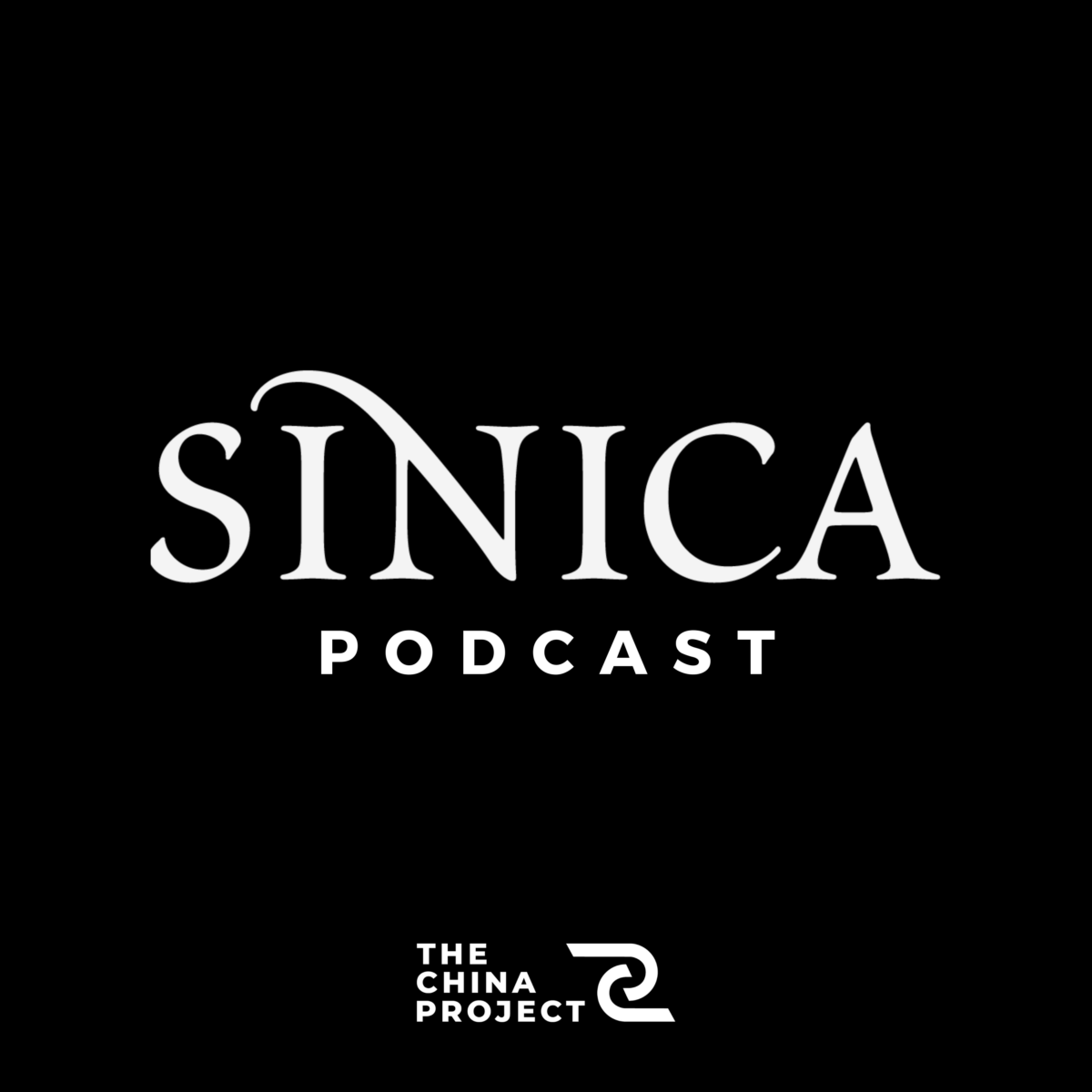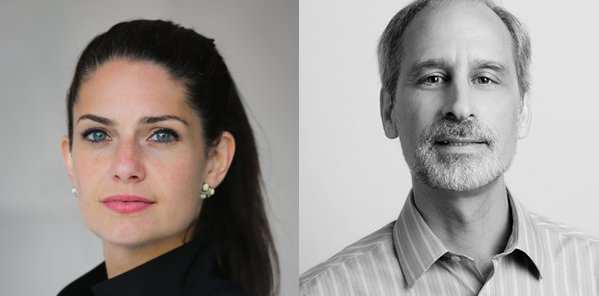This week on the Sinica Podcast, Kaiser and Jeremy speak with Samm Sacks, Cybersecurity Policy and Chinese Digital Economy Fellow at New America, and Paul Triolo, Geotechnology Practice Head at the Eurasia Group. The two are among the best positioned to discuss the implications of the shocking arrest of Huawei CFO Mèng Wǎnzhōu 孟晚舟 in Vancouver on December 1. The discussion focuses primarily on technological and national security aspects of the clash between Washington and Beijing, how Meng’s arrest fits into that clash, and the realities of fragmentation in the global telecommunications industry.
What to listen for on this week’s Sinica Podcast:
19:53: China’s new Cybersecurity Law was a cause of concern for MNCs and tech specialists alike. Samm elaborates on specific actions taken by the Chinese government: “If you look at the enforcement actions that have been taken against that law so far, the vast majority of them are aimed at Chinese companies. Really, they haven’t implemented it as much on foreign companies…and there are things like content violations…domestic cybersecurity issues. I think a lot of these fears are being bundled up together and creating this larger tech fear.”
23:03: During a recent visit to Zhejiang University, Paul and Samm spoke with a professor who wrote a book on Huawei’s corporate culture and described it as such: “It’s kind of like a car going 60 miles an hour on the highway and changing a tire at the same time.”
28:13: The extent to which Huawei can push back against the government and the degree to which Beijing is able to strong-arm private companies under China’s Internet Security Law remain largely opaque. However, gaining the trust of the international community has proved to be a steep uphill battle for Huawei: “Huawei is a global company, operating in 170 countries. If it became clear that Huawei was simply an arm of the Chinese government and was doing Beijing’s bidding at every turn, it wouldn’t be able to operate as a global company. The problem here is that the company is forced to prove a negative.”
38:27: Paul speaks about the globalization of supply chains: “…the problem is, for 30 years, companies have been told, ‘Optimize your supply chains and go to places like China,’ where there has been cheaper labor. But now it’s really more about skilled labor, not about cheaper labor — it’s about skilled engineers. Foxconn can build a facility to build iPhones in Zhejiang and easily find 30,000 engineers to staff it up, but when it goes to Wisconsin, it has a lot of problems.”
Recommendations:
Jeremy: Dr. Seuss, You’re Only Old Once!: A Book for Obsolete Children, a fun story of aging and falling apart.
Samm: The Chilling Adventure of Sabrina, the Netflix reboot of the classic TV series Sabrina, the Teenage Witch.
Paul: A close read of the book AI Superpowers: China, Silicon Valley, and the New World Order, by Kai-Fu Lee 李开复.
Kaiser: “The Huawei fallout leaves companies and countries with an impossible choice,” a Washington Post op-ed by Scott Moore.
This podcast was edited and produced by Kaiser Kuo and Jason MacRonald.








